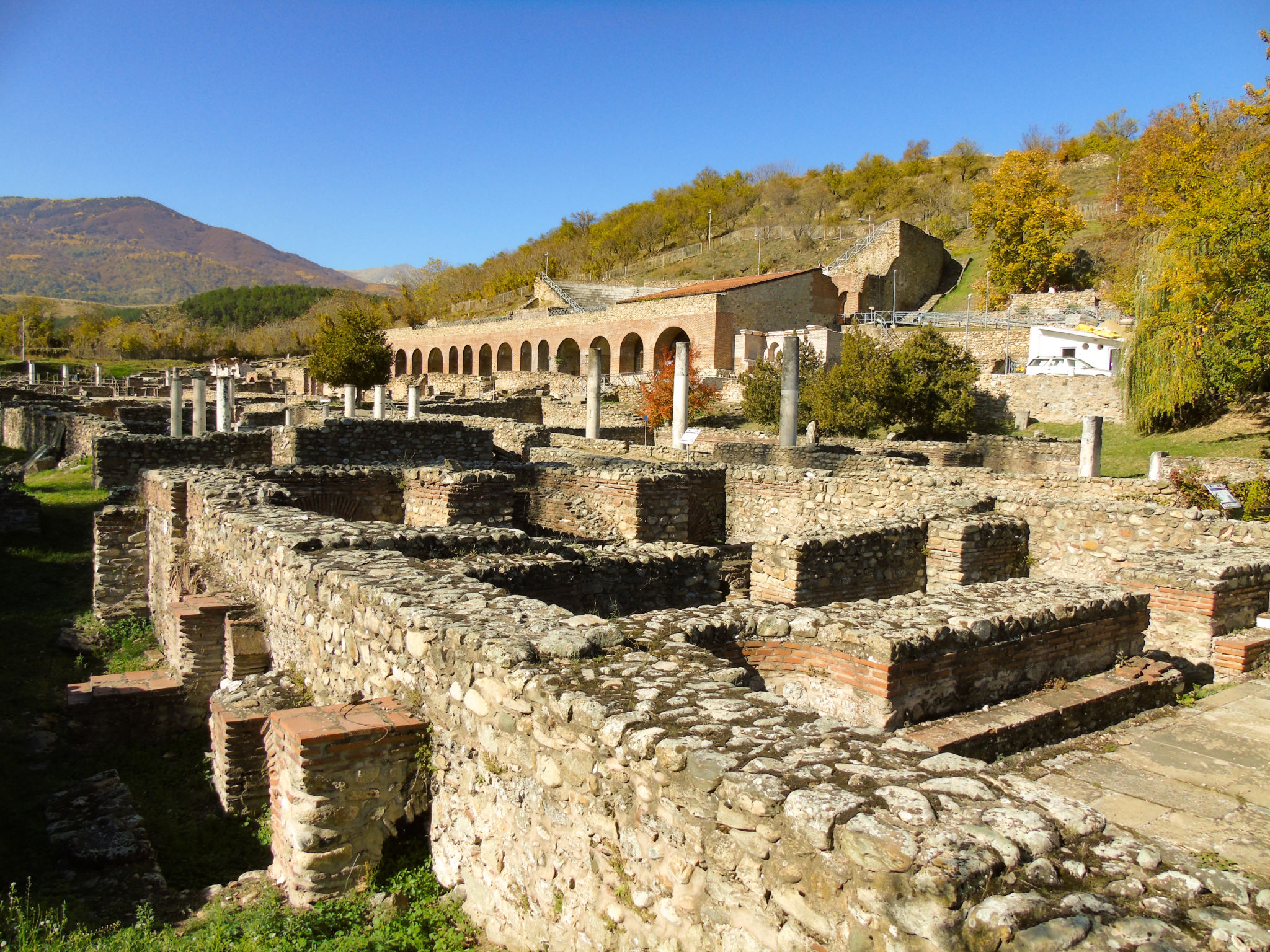Comparing Translation Services: Macedonian vs. Turkish vs. Albanian
Introduction to Translation Services
In today's globalized world, businesses and individuals alike often find themselves in need of reliable translation services. The ability to communicate across linguistic barriers is crucial for success in international markets. This blog post aims to compare translation services for three languages: Macedonian, Turkish, and Albanian. Understanding the nuances of each can help you make informed decisions when selecting a service provider.

The Importance of Language Nuances
Each language comes with its unique set of challenges and intricacies. Macedonian, a South Slavic language, shares similarities with Bulgarian but has its distinct grammar and vocabulary. Turkish, part of the Turkic language family, is renowned for its agglutinative structure, which means words are formed by stringing together morphemes. Albanian, an Indo-European language, presents its own set of complexities with two primary dialects: Gheg and Tosk.
Macedonian Translation Services
When translating to or from Macedonian, it's essential to consider the regional dialects and cultural context. Professional translation services often employ native speakers who are not only fluent in the language but also understand these cultural subtleties. This ensures that the translated content maintains its intended meaning and tone.

Turkish Translation Services
Turkish translation services must navigate the language's agglutinative nature, where suffixes are added to words to indicate tense, mood, or case. This can lead to very long words that require careful handling during translation. Additionally, Turkish has undergone significant language reforms in the 20th century, influencing modern vocabulary and usage. A proficient translator will be well-versed in these aspects to provide accurate translations.
Albanian Translation Services
Translating Albanian involves understanding the differences between the Gheg and Tosk dialects. While Tosk is the official standard, many speakers use Gheg in everyday communication. A skilled translator will recognize these variations and adapt their approach accordingly. Emphasizing cultural awareness is also crucial since Albanian society values tradition and heritage.

Choosing the Right Service Provider
When selecting a translation service provider, consider these key factors:
- Expertise: Ensure the provider has experience with your specific industry or type of content.
- Native Speakers: Native speakers bring invaluable cultural insights and fluency.
- Quality Assurance: Look for services that offer proofreading and quality checks as part of their process.
Conclusion
The choice between Macedonian, Turkish, and Albanian translation services depends largely on understanding the linguistic and cultural nuances of each language. By selecting a provider with expertise in these areas, you can ensure that your message is conveyed accurately and effectively. As businesses continue to expand their global reach, investing in quality translation services becomes not just an option but a necessity.